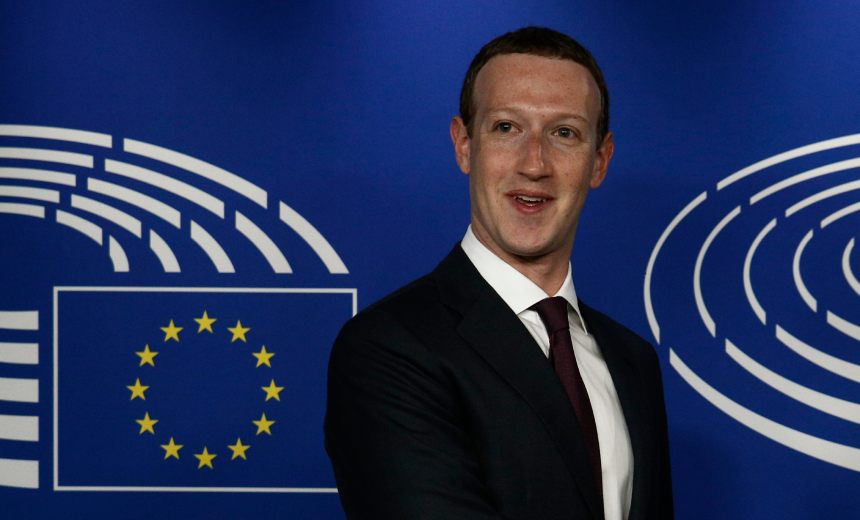General Data Protection Regulation (GDPR)
,
Governance & Risk Management
,
Privacy
EU Lawmakers Say Privacy Shouldn’t Be for Sale

Facebook’s attempt to navigate European privacy regulations by giving users a fee-based opt-out from behavioral advertising triggered backlash from more than a dozen European politicians who accused the social media giant of treating human rights as a commodity.
Led by European Parliament Member Patrick Breyer – a member of the German and the European Pirate Party – the lawmakers said subscriptions rolled out in November by parent company Meta for users who won’t want their information to be collected for advertising “undermines the essence of personal security and reinforces the alarming notion that safeguarding one’s privacy comes at a cost.”
Critics of behavioral advertising say it inherently violates individual privacy unless explicitly authorized by users who have the ability to continue to use online services even if they reject web browsing tracking. Unlike contextual advertising, which matches ads to the content of web pages, behavioral advertising targets specific user profiles with ads, regardless of the context in which they appear. European privacy advocates contend that pan-European privacy regulations under the General Data Protection Regulation allow trading bloc residents to access online services such as Facebook and Google without having to give up their personal data – or having to pay extra for withholding it.
Meta pivoted to subscriptions after the European Data Protection Board rejected Facebook’s legal invocation of GDPR’s “legitimate interests” justification for data processing. Facebook also can’t use its terms and conditions – with provisions for ad personalization – as a binding contract on users, European data protection regulators have ruled (see: Europe Clamps Down on Meta Ad Personalization).
“‘Pay or okay’ does not offer a free choice but aims at effectively predetermining and thus removing that choice,” said the lawmakers in the Friday letter addressed to Nick Clegg, president of global affairs of Meta, and signed by 39 members of the European Parliament. The lawmakers said Facebook has the option of showing ads that don’t depend on online surveillance. “Studies suggest that contextual advertising is nearly as profitable as surveillance-based advertising,” they added.
A Meta spokesperson said the company’s subscription model is “in line with our peers” and “follows the guidance of the highest court in Europe.”
The lawmakers’ letter follows a January request from the Dutch, Norwegian and Hamburg data authorities that the European Data Protection Board review the company’s practice.
“An important question is whether this type of circumstances implies a pressure to consent, or if withholding consenting leads to detriment, especially for low-income users,” the data protection authorities said.
An EDPB spokesperson on Friday said the board will likely respond in April with a decision about the “general use of pay or consent models by large online platforms.”
Austrian digital rights group None of Your Business in November filed in a complaint against the subscription model with the Austrian Data Protection Authority; a decision from that agency is pending.
NOYB argued that the pay-for-consent model was the “exact opposite of a genuinely free choice” and increased the annual cost of data protection for an average family of four by 35,000 euros.
